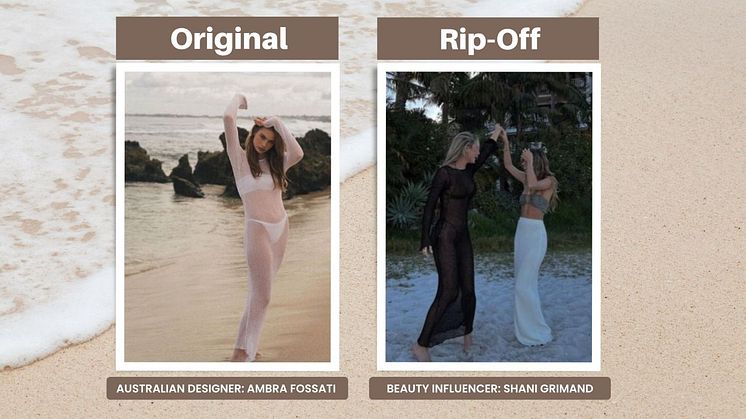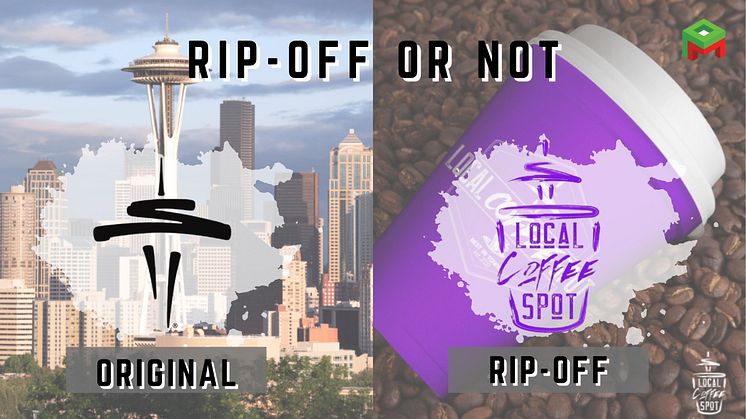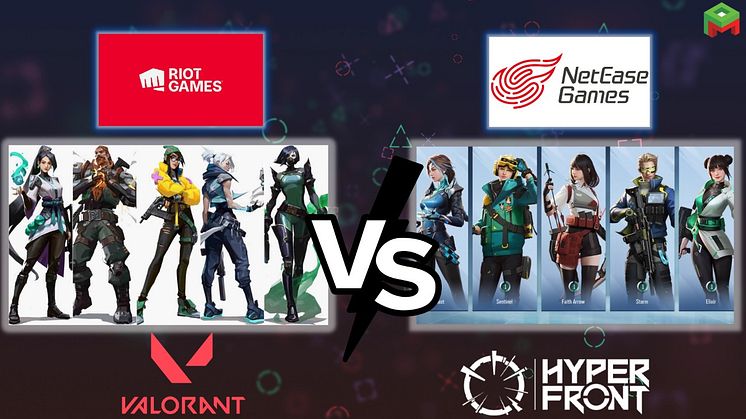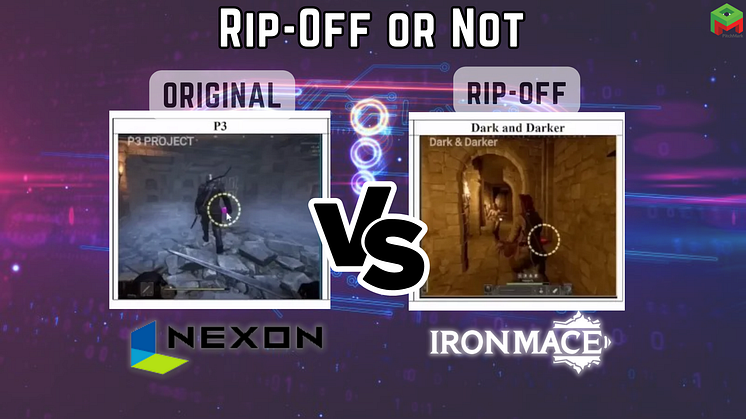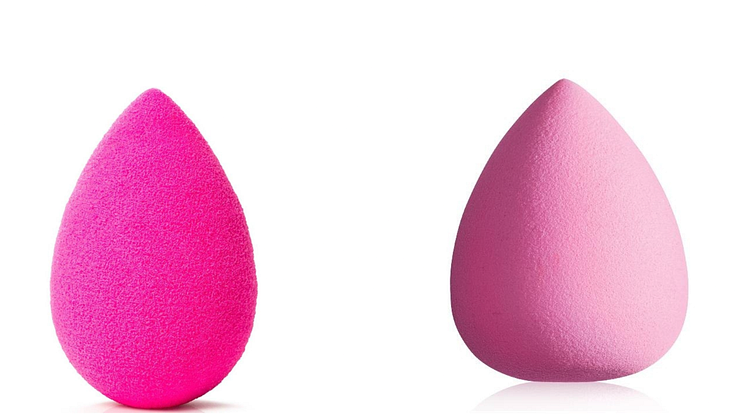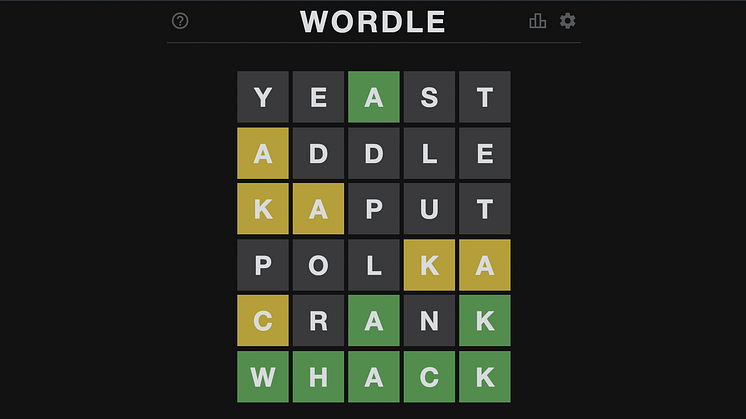
News -
Rip-off or not: Wordle and the word games it inspired
Wordle is the new sensation sweeping the Internet, and it all boils down to its resolutely simple rules. This word game is hosted on an ad-free website, you can only play it once a day, and the creator has no intention of making the game addictive or viral. There isn’t even an app version — at least not an official one.
Still, this game of guessing a different five-letter English word each day has inspired many to do something similar. Some developers in non-English-speaking countries, for instance, have come up with versions in their own languages.
Those could be seen as cases of creative adaptation. Straying much closer to the realm of copying, however, are the versions in English that seem more or less like straight-up imitations.
Apple seems to think so anyway. Several of these Wordle-like games have been removed from the Apple store. According to The Verge, a developer of one such imitation game presented some justifications for his version. He stated that the original Wordle wasn’t trademarked, and was itself a rip-off of older games.
He also claimed that he had been planning to introduce some changes to his app that would have made it more distinct in its own right. However, what irked many netizens was this developer’s online gloating about his app’s popularity, and the fact that people had to pay to play it. The original Wordle is free to play.
The developer also stated that he had spoken to the creator of Wordle, Josh Wardle, and offered to change the name of his app, and even to “license the idea, work together to develop an official app, or pay him a percentage of any profit, which Wardle reportedly declined”.
Taken at his word, these do seem like reasonable, if belated, steps to respect the original creator’s intellectual property. But the imitators of Wordle may be missing the most essential point of this Internet trend. In an age where the online domain seems choked with influencers, algorithms and engagement tactics all designed to keep users glued to the screen and spending money, the stated non-commercial and deliberately analogue intentions of Wordle are a breath of fresh air. And trying to copy that by adding all the exhausting bells and whistles we have grown used to is just not going to result in the same experience.
PitchMark helps innovators deter idea theft, so that clients get the idea but don’t take it. Visit PitchMark.net and register for free as a PitchMark member today.


